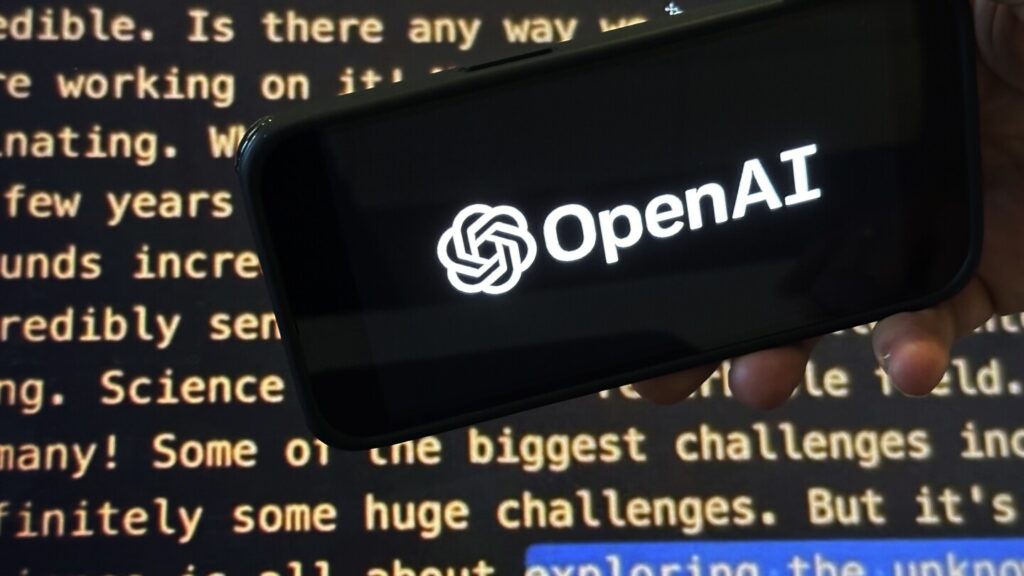After months spent pursuing a plan to convert itself into a for-profit business, OpenAI is reversing course and said Monday its nonprofit will continue to control the company that makes ChatGPT and other artificial intelligence products.
“We made the decision for the nonprofit to stay in control after hearing from civic leaders and having discussions with the offices of the Attorneys General of California and Delaware,” said CEO Sam Altman in a letter to employees.
Altman and the chair of OpenAI’s nonprofit board, Bret Taylor, said the board made the decision for the nonprofit to retain control of OpenAI. The nonprofit already has a for-profit arm, but that arm will be converted into a public benefit corporation “that has to consider the interests of both shareholders and the mission,” Taylor said.
OpenAI’s co-founders, including Altman and Tesla CEO Musk, originally started it as a nonprofit research laboratory on a mission to safely build what’s known as artificial general intelligence, or AGI, for humanity’s benefit. Nearly a decade later, OpenAI has reported its market value as $300 billion and counts 400 million weekly users of ChatGPT, its flagship product.
OpenAI first outlined plans last year to convert its core governance structure but faced a number of challenges. One is a lawsuit from Musk, who accuses the company and Altman of betraying the founding principles that led Musk to invest in the charity. A federal judge last week dismissed some of Musk’s claims and allowed others to proceed to a trial set for next year.
OpenAI also faced scrutiny from the top law enforcement officers in Delaware, where the company is incorporated, and California, where it operates out of a San Francisco headquarters. Attorney general offices in both states did not immediately return requests for comment.
A number of advocates, including former OpenAI employees and other charities, had petitioned California Attorney General Rob Bonta and Delaware Attorney General Kathy Jennings, both Democrats, to use their authority to protect OpenAI’s charitable purpose and block its planned restructuring.
Some were concerned about what happens if the ChatGPT maker fulfills its ambition to build AI that outperforms humans, but is no longer accountable to its public mission to safeguard that technology from causing grievous harm.


